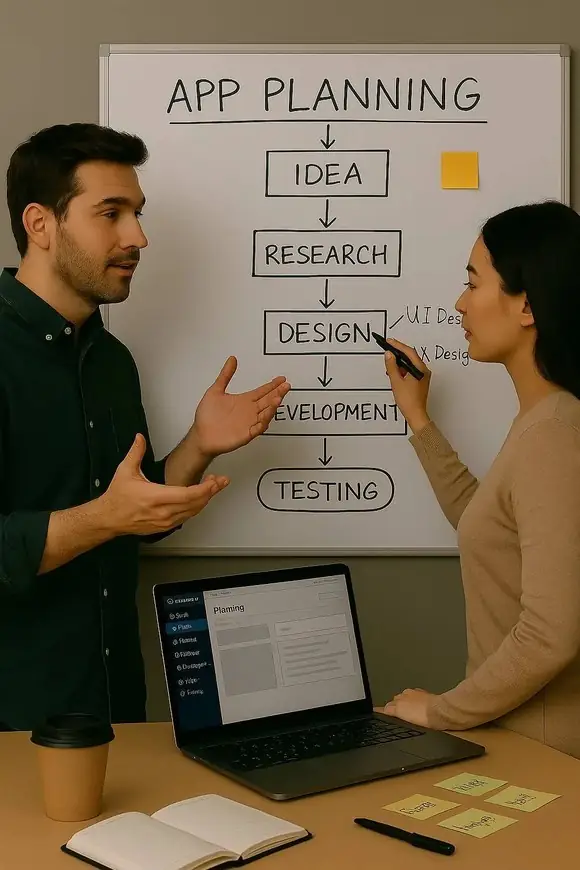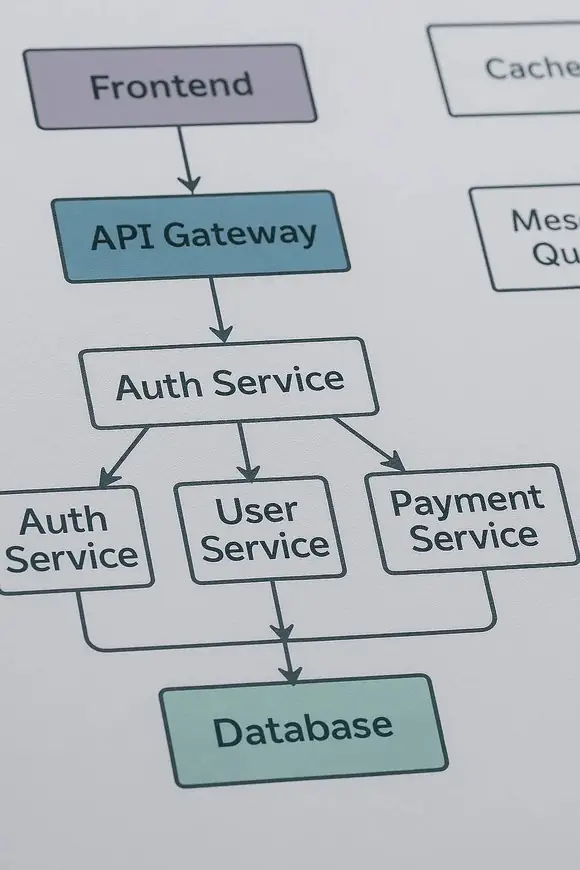In software development, the urge to move fast can backfire. It’s common to see teams jump into building before they’ve truly defined the problem, the users, or what success should look like. The result? Features that go unused, solutions that don’t fit, and months of work that eventually needs to be redone.
At neo301, we believe great software doesn’t begin with code—it begins with clarity. That’s the role of purposeful discovery: making sure every technical decision is grounded in real understanding, not assumptions.
Discovery isn’t about filling out a requirements doc. It’s a strategic process designed to reduce ambiguity, align teams, and give the project a clear sense of direction. The goal is simple: make better decisions by asking better questions early on. Questions like:
- What’s the core business problem we’re trying to solve?
- Who are the users, and how will this product fit into their lives?
- What does success look like—measurably?
- What constraints already exist (technical, time, budget)?
- What should we prioritize first—and why?
Discovery doesn’t mean locking in every detail upfront. It’s about reducing the risk of building the wrong thing. It helps create a grounded, shared foundation for everything that comes next.
We tailor each discovery to the client’s stage and context. But we focus on understanding—among other things:
- Business goals: What’s really at stake? What happens if nothing changes?
- User experience: Who’s using this? What are their pain points, habits, and limitations?
- Technical landscape: What systems, data, or infrastructure need to be considered?
- Vision and growth: Does this need to scale? Adapt? Integrate?
- Real-world constraints: What’s the timeline? Budget? Team capacity?
These conversations aren’t theoretical. They directly influence scope, design, and delivery.


No two projects are the same, and neither is our discovery approach. We design each engagement to match the reality of our client’s stage, goals, and level of definition. A typical discovery process may include:
- Alignment workshops to clarify objectives and surface hidden assumptions.
- User and process mapping to understand real-world workflows and identify improvement opportunities.
- Value-based prioritization to help teams focus on what matters most right now.
- Prototypes or wireframes to create shared understanding before development begins.
- Actionable documentation that guides not just the tech team, but also stakeholders across the organization.
It’s not about producing a static deliverable—it’s about building shared understanding to support confident decision-making.
Once the vision is clear and priorities are aligned, we move into technical planning and execution. But now we’re not guessing—we’re building with direction. Discovery helps:
- Avoiding unnecessary features.
- Identifying risks early, when they’re still manageable.
- Defining a realistic, value-driven MVP.
- Creating a roadmap that’s grounded in reality, not assumptions.
In short: discovery doesn’t slow you down. It helps you move smarter.
Technology professional with over 25 years of experience in software development and technical team leadership for clients across the Americas, Europe, and Asia. Founded multiple tech ventures and led high-impact digital projects for leading brands in both corporate and startup environments. Specialized in system architecture, project management, and scalable digital solutions. Combines strategic vision, user experience focus, and technical execution to turn complex ideas into robust, sustainable products.
